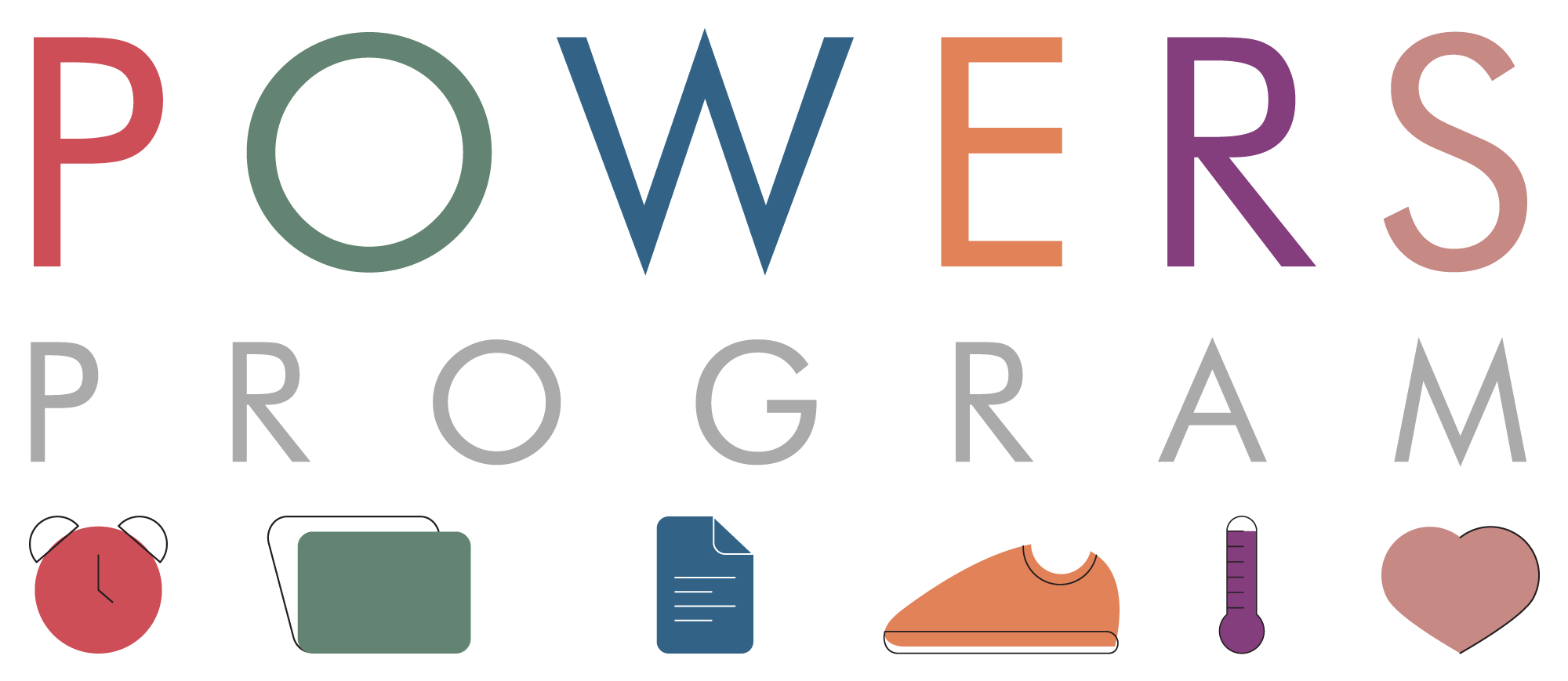“When I was in elementary school I had one teacher every day for the whole day and she told me what I needed to do that night for homework, and with the help of my mother I was usually able to get it done. When I got to middle school I had a bunch of teachers, each one with their own way of doing things and the homework was not always due the next day and it got a lot harder for me to keep track of everything. Now in high school they don’t even tell me what my homework is all the time and it is cumulative and overwhelming. I can only imagine what college is going to be like for me. I need help!” (Joshua, Age 14)
Joshua, like many, many children, is struggling with problems in executive function.
Executive function (EF) refers to a complex set of high-level cognitive processing that is essential for social and academic achievement. Three primary components of EF include inhibition control, working memory and flexible thinking (Diamond, 2013). Reasoning, problem solving, prioritizing, organizing, planning, as well as other routine daily tasks depend heavily on these three basic skills.
Inhibition Control is the ability to control behavior, attention, thought, and emotion. Working memory is the process of not only holding new information in mind but also being able to work with and manipulate the information. The third primary component of EF is flexible thinking, which allows an individual to shift perspective—both spatially (as in imagining an object viewed from a different direction) and interpersonally (as in imagining how someone else might feel in a given situation) (Diamond, 2013).
These primary components can be individually assessed using a variety of representative psychological tasks and can be improved with remediation. Furthermore, these skills and their underlying neurobiological systems are deeply intertwined, so even if individual EF skills aren’t severely impaired, small deficits can have large cumulative effects. Note that it helps to think of EF as a spectrum. For example, if emotion control (an Inhibitory skill) is overly abundant, it can result in anxiety disorders, and if it is impaired, it can result in disruptive behavior disorders (Hunter & Sparrow, 2012).
Recognizing and addressing executive dysfunction (EdF) early on in a child’s development will help prevent a detrimental reoccurring cycle in which the disorder negatively affects the environment and the environment negatively affects the disorder (Hunter & Sparrow, 2012).
The Kahane Center’s P.O.W.E.R. Program was designed using the field’s latest EF research in order to best help children and adolescents learn to compensate for these deficits. This unique, integrative approach provides young people ages 6-18 with strategies and tools that they can use to overcome struggles related to and resulting from EdF. This program takes place at The Kahane Center in August and will help your child prepare for a successful school year and future. Space is limited. Sign up today.
Diamond, A. (2013). Executive Functions. Annual Review of Psychology, 64(1), 135-168.
Hunter S.J., & Sparrow, E.P. (2012). Executive function and dysfunction: identification, assessment, and treatment. Cambridge University Press, 65-90.







